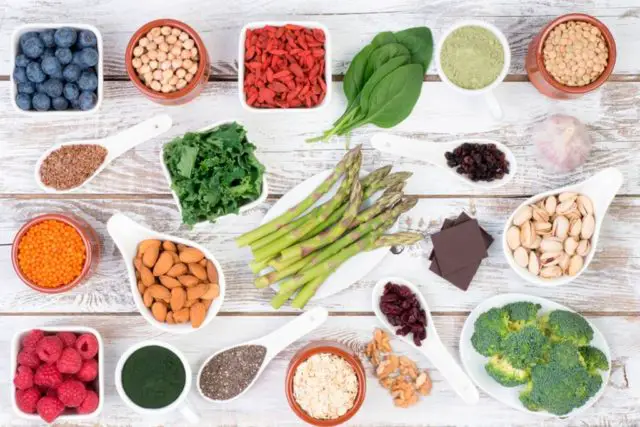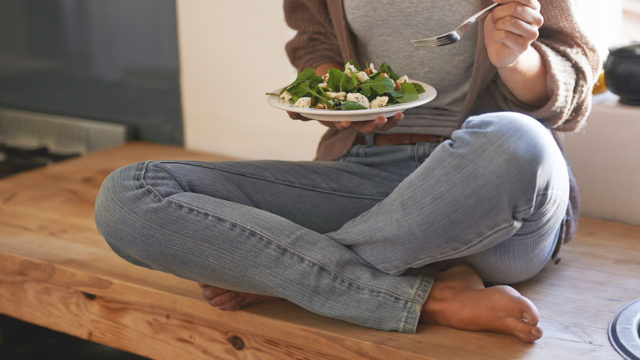
Anxiety is generally characterized primarily by feelings of anguish, restlessness, worry, and sometimes also by a feeling of appetite for certain products (mostly rich in sugar, saturated fat, and salt). In this article, we are going to give you advice on how to eat well. Also, you will know what emotional hunger is, so you can detect it.
Anxiety and emotional hunger
There is a clear link between anxiety and eating. This type of anxiety is known as emotional hunger and is revealed by the continued desire to eat (“cravings“), not so much because of feeling hungry, but as a response to the feeling of well-being produced by the act of eating to avoid unpleasant sensations that have not been managed, such as personal problems or specific situations that produce our feelings of stress, restlessness, sadness, anxiety, worry or even boredom.
The delicate and worrying thing about suffering from emotional hunger is that when it is established as a bad habit in our lives and it is followed by the guilt of having eaten, it could lead to a more serious eating disorder.
Foods to combat anxiety
The first thing we should know is that everything we eat has a direct impact on our physical and emotional state, our body is a temple, so we must take great care of what we eat. For example, balanced diets help reduce anxiety and, conversely, low-calorie, and/or restrictive diets enhance our feeling of anxiety and discomfort.
4 types of recommended foods:

1. Tryptophan: This is an essential amino acid component that helps our bodies produce Serotonin. Serotonin can help us decrease anxiety and reduce the feeling of hunger. This is present in dairy, meat, eggs, nuts, and fruits, such as pineapple and banana.
2. Fiber: it is satiating, improves intestinal transit, and, by generating general well-being, helps reduce anxiety. We find it in fruits, vegetables, legumes, and whole grains.
3. Complex carbohydrates: They are necessary for the proper functioning of our body. These are present in cereals (rice, quinoa, couscous, pasta …), legumes, potatoes, bread.
4. Healthy fats: They will provide more satiety for a longer time, in addition to incorporating vitamins and minerals in our diet. These are found in foods such as avocado, olive oil, bluefish, nuts.
How can I have a balanced diet?
The answer is simple, with the help of a nutrition specialist, who can indicate the best diet that suits your needs. You will be able to plan and prepare a healthy menu to control “hunger attacks”. Your diet should be rich in satiating foods such as fruits, legumes, vegetables, and greens, balanced in macronutrients (carbohydrates, healthy fats, and proteins), which in addition to reducing your appetite, will not affect your health.
Tips for a healthy diet
• Plan meals.
• Make a healthy shopping list.
• Go food shopping after eating.
• Base food on fresh products.
• Avoid processed foods, saturated fats, sugars, and refined flours.
• Drink two liters of water a day.
• Take between 2 and 4 servings of fruit a day.
• Incorporate 2-3 servings of vegetables a day (don’t forget that one has to be raw, such as salads).
• Prefer whole foods.
• Take 4-5 small meals a day rather than 2-3 large ones.
• Eat slowly and chew food well.
• Avoid alcoholic beverages.
• Avoid fried spicy food and prefer alternative cooking methods such as steam, iron, stews, papillote.
• Prioritize variety and color in your foods.

